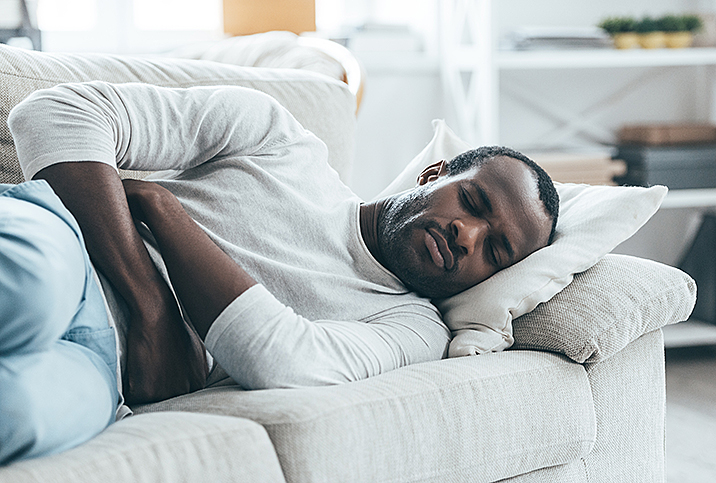When Trouble Urinating Turns into Something Serious

Difficulty peeing, also known as urinary retention or urinary hesitancy, is a problem that many people will deal with at some point in their life. You might have difficulty in public restrooms due to anxiety, or you could have an easily treatable urinary tract infection (UTI). Any number of issues can throw a wrench into your flow. But there are times when this annoying symptom may indicate a more serious underlying problem.
Kidney or bladder infection
Kidney and bladder infections are two of the more common causes of urinary retention, and both usually start as a urinary tract infection. Untreated, the infection spreads, and both of these can become serious health issues if not handled quickly, because bacteria can easily move into your bloodstream and become a life-threatening situation. A doctor can diagnose a UTI and/or either of these infections (or an infection elsewhere, as a UTI can affect other structures, such as the urethra), and typically an antibiotic will clear it up.
Acute or chronic urinary retention
Acute urinary retention occurs when you feel the urge to urinate but can't. This may happen infrequently or just once and may resolve itself on its own. Common causes include nerve problems; medication; an outlet obstruction due to a mass, scarring, debris or stones within the bladder or urethra; and cancer in the lower abdominal area.
Usually, catheterization will alleviate the problem, but chronic sufferers often require medication or surgery as the primary options. Failure to treat the problem can lead to more severe problems such as infections, so consult a doctor as soon as possible.
Benign prostatic hyperplasia
Also known as prostate enlargement, benign prostatic hyperplasia (BPH) is a major cause of urinary retention issues in men, especially older men. The prostate gland continues to grow as men age, and when it becomes too large, it can put pressure on the urinary tract, which can cause weak urinary flow, increased urgency and even the inability to urinate at all.
Your doctor should be consulted to discuss the best treatment plan. Commonly, prescription drugs such as alpha blockers can alleviate the symptoms associated with an enlarged prostate. But in more severe cases or those where prostate cancer may be an issue, your physician may refer you to a specialist, likely a urologist, for further workup to determine whether cancer is present and to recommend surgical removal or planning. Untreated BPH can run the risk of urinary tract obstruction, which can lead to problems with the bladder and kidneys. If you're older than 50 and have just started to experience urination issues, make sure to schedule a doctor's appointment before the situation gets worse.
Cystocele
Occasionally, the wall between the vagina and the bladder weakens, causing the wall and the bladder to sag into the vagina. This occurrence is called a cystocele. It happens most frequently after childbirth and makes the full emptying of the bladder problematic. Furthermore, you may also experience involuntary urinary leaking or incontinence.
The severity of a cystocele is divided into three stages, ranging from mild urinary problems to a severe grade-3 cystocele where the bladder actually droops enough to protrude out of the vagina. Usually, a vaginal exam or an MRI (magnetic resonance imaging) is used for diagnosis. Taking medication or limiting strenuous activities can help the condition resolve itself; Kegel exercises for your pelvic floor also help. More severe cases may require surgery, although the doctor will make this diagnosis.
Kidney stones
One of the most common causes of urination difficulties is kidney stones. Typically made of calcium or other minerals and salts, kidney stones are hard deposits that are often large enough to cause severe pain, urinary retention and, sometimes, bleeding. In many cases, the sufferer passes the kidney stones over time. But if the pain is too excruciating, a visit to the doctor is a better plan of action.
While a majority of urinary retention issues may go away after a short time, remaining aware of potential problems is an excellent approach to your health and safety. So if you're experiencing trouble urinating for an extended period of time, consult your physician.

















